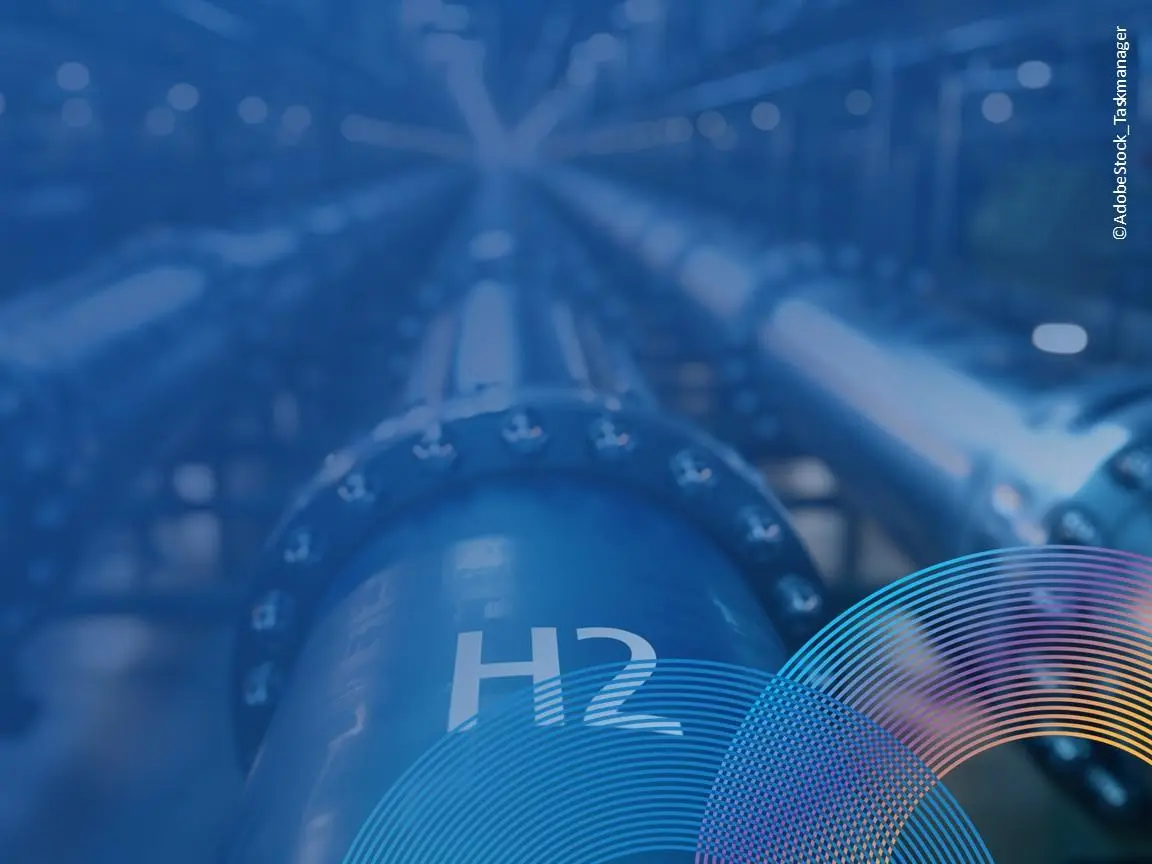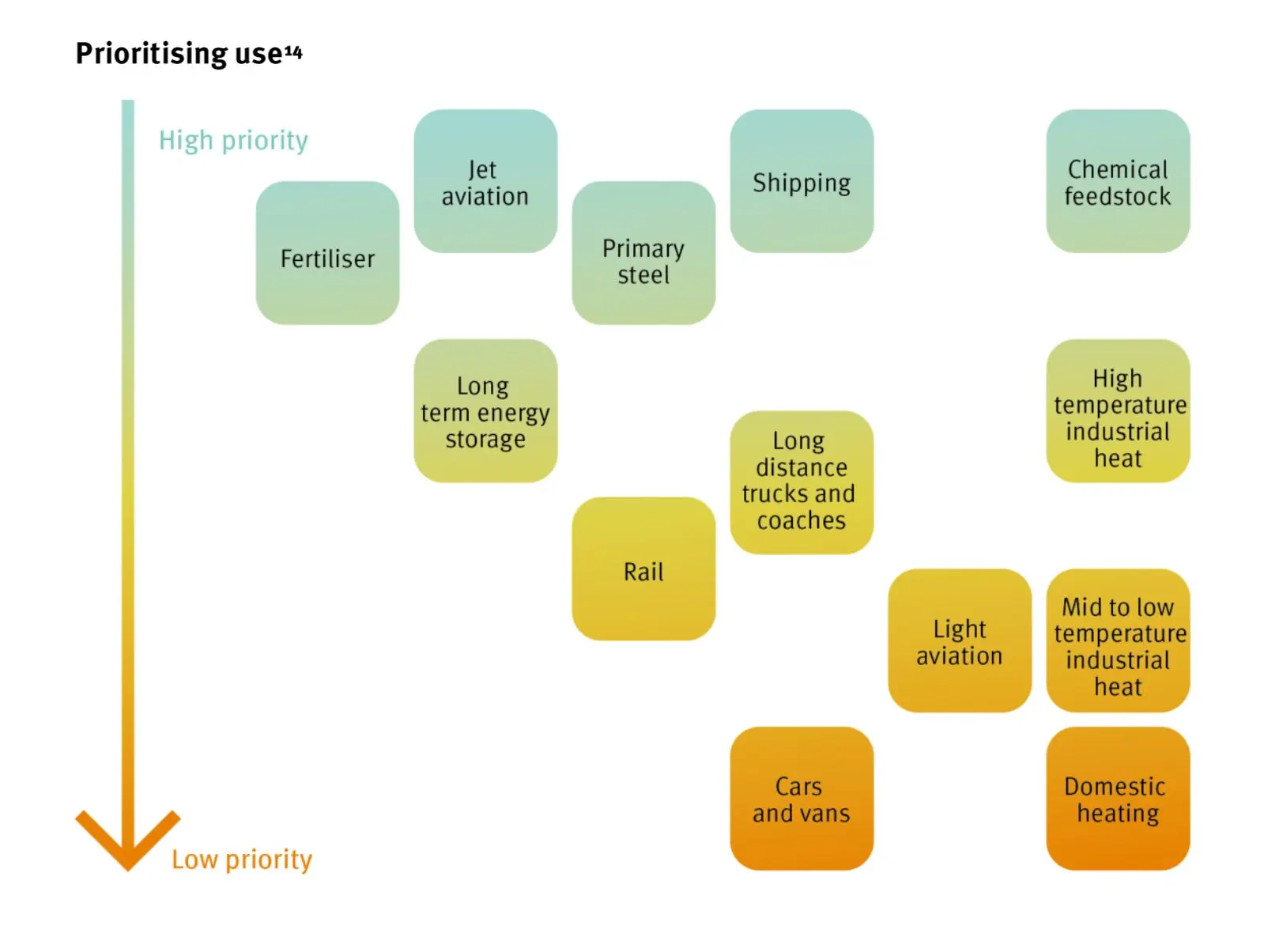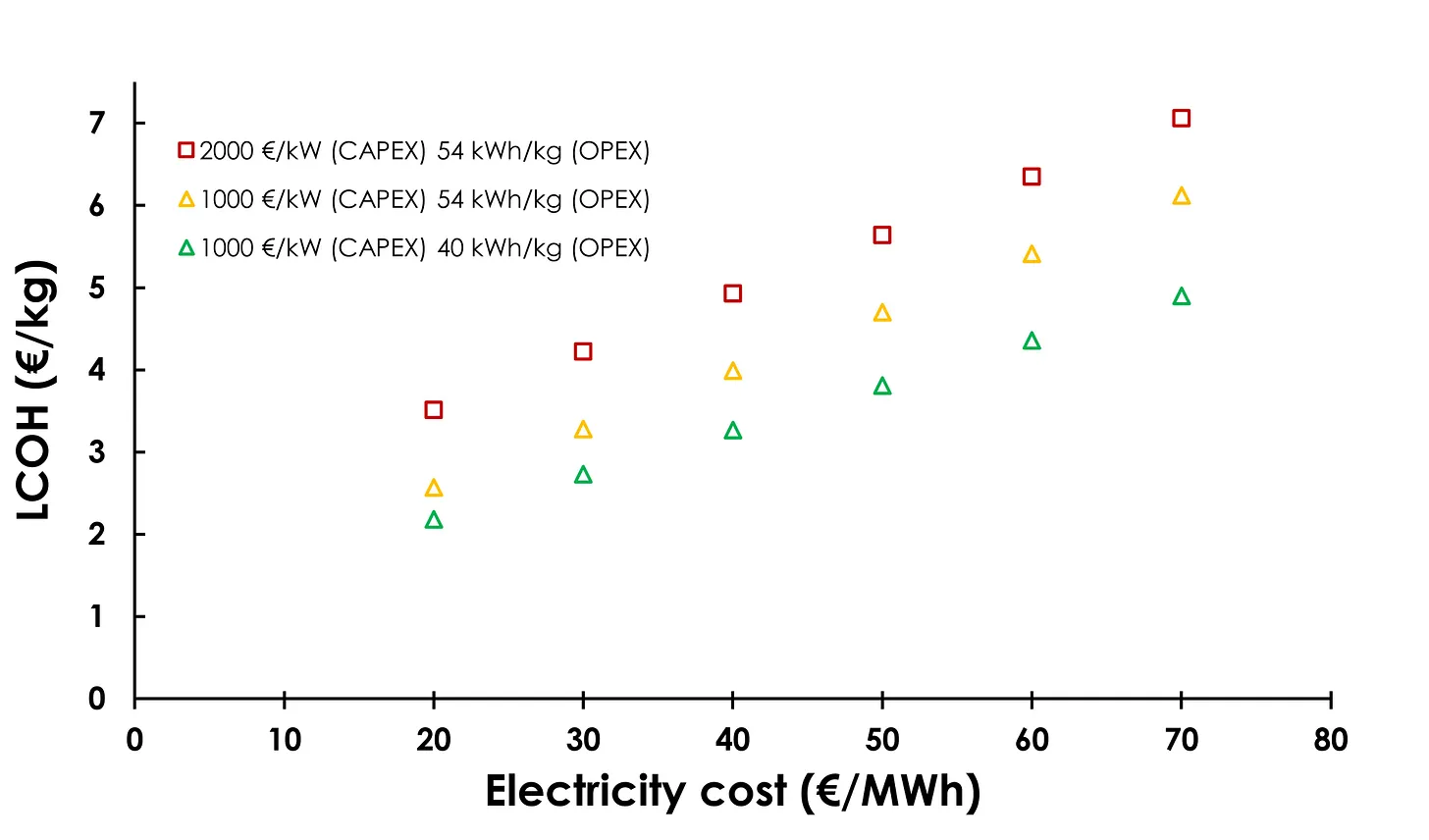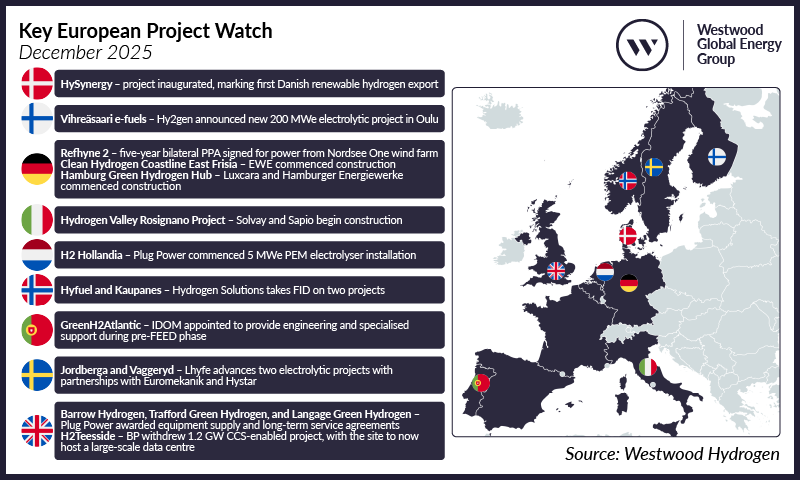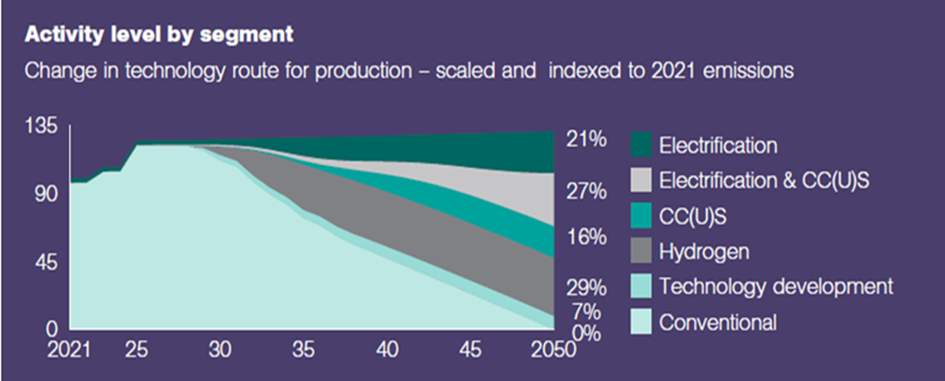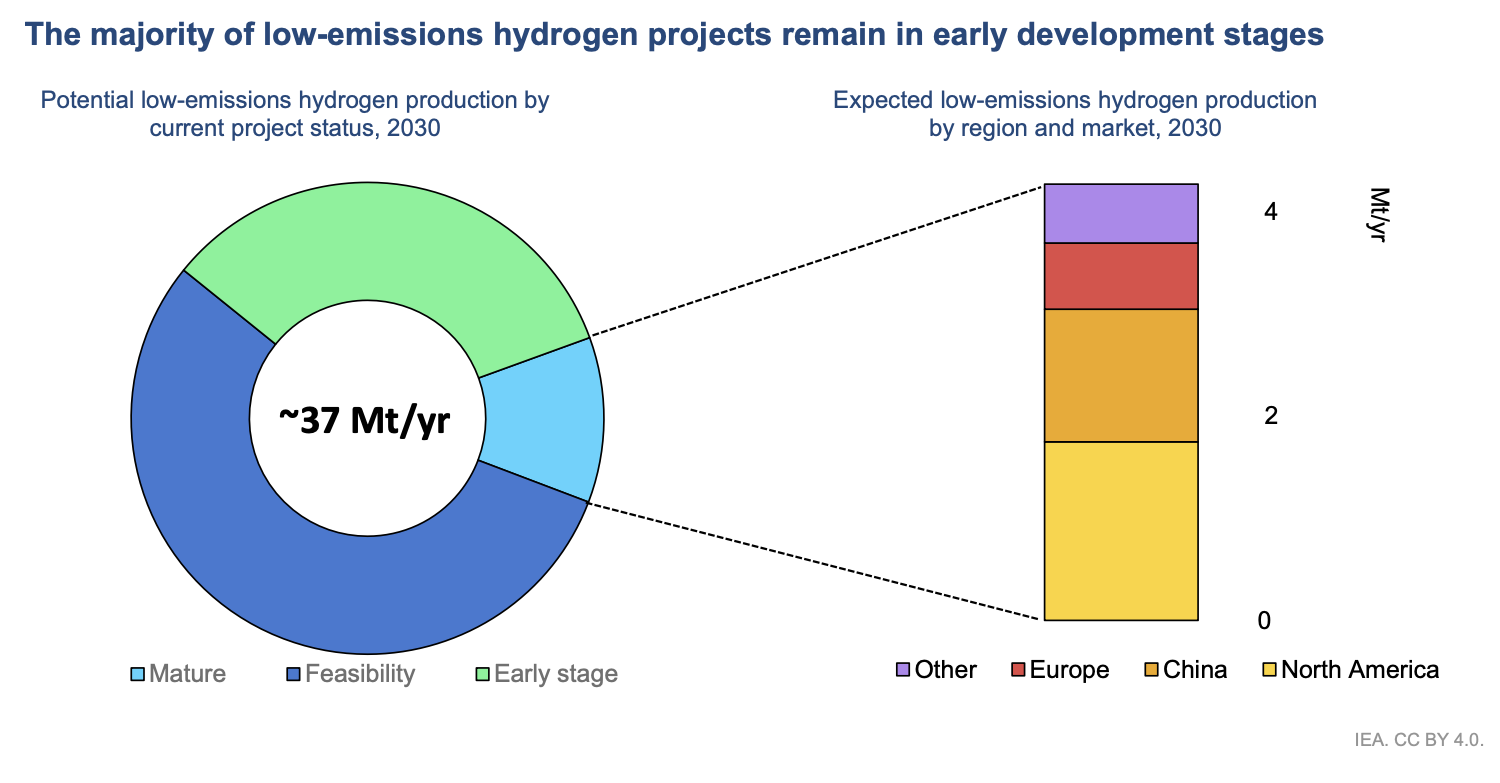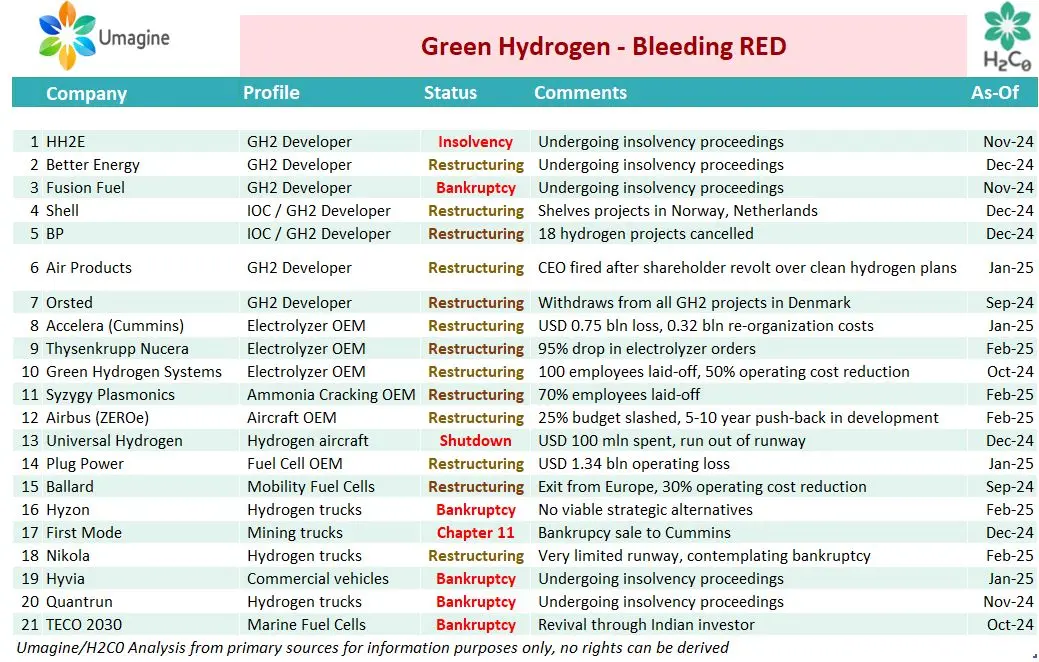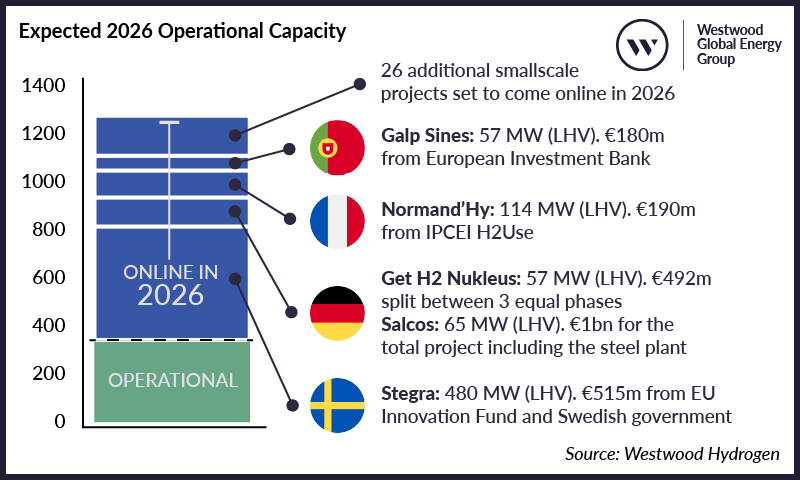
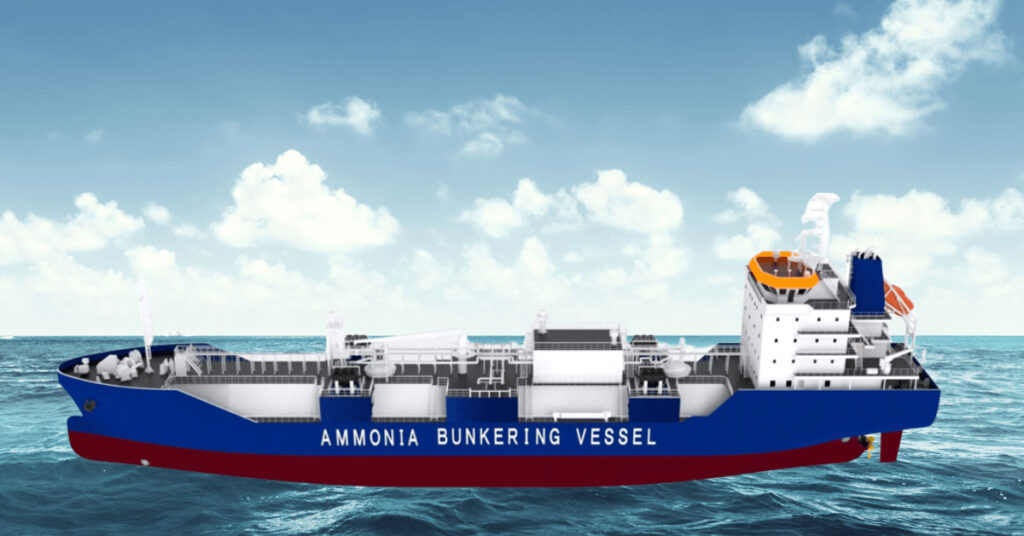
Japanese trading house Itochu plans to begin demonstrating ammonia bunkering in Singapore after October 2027, to enhance the competitiveness of Japan’s shipbuilding industry and secure demand for ammonia as a marine fuel.
Itochu signed agreements at the end of June with domestic shipbuilder Sasaki Shipbuilding to build a 5,000m³ ammonia bunkering ship and Japanese tank manufacturer Izumi Steel Works to build an ammonia tank for the vessel, the company said on 14 July. Itochu also signed a financing agreement at the end of June with domestic private bank Hiroshima Bank to partially finance the construction of the bunkering ship. But the trading house declined to disclose the funding amount.
Itochu also received funding of up to ¥500mn ($3.4mn) from the Japanese trade and industry ministry Meti’s scheme for promoting partnerships between Japanese companies and the global south.
Itochu expects to receive the bunkering vessel by September 2027. Itochu’s wholly owned subsidiary Clean Ammonia Bunkering Shipping will start trial bunkering at the port of Singapore, one of the largest demand centres for ship bunkering, after October 2027. The company expects to begin commercial ammonia bunkering in Singapore by 2028.
Itochu aims to achieve safe ammonia bunkering operations through this demonstration and generate demand for ammonia as a marine fuel. Itochu will first commercialise ammonia bunkering in Singapore and then expand the business to Spain, the Suez Canal in Egypt and Japan. The trading house also aims to enhance the competitiveness of Japan’s ammonia-bunkering shipbuilding and ammonia tank construction ahead of further demand growth for these technologies.
Itochu initially aimed to begin trial ammonia bunkering in Singapore in 2026. But the company postponed its plan because it expects significant demand growth for ammonia as a marine fuel after 2028.
Japan’s marine industry has developed ammonia bunkering ships in line with the gradual development of ammonia-fuelled vessels. A domestic consortium received an approval in principle for its ammonia-fuelled ammonia bunkering ship from Japanese classification society Class NK in February. The industry is considering ammonia-fuelled ships to reduce greenhouse gas emissions, secure ammonia demand and help upstream projects attain offtake contracts.
Source: Nanami Oki, Argus Media

